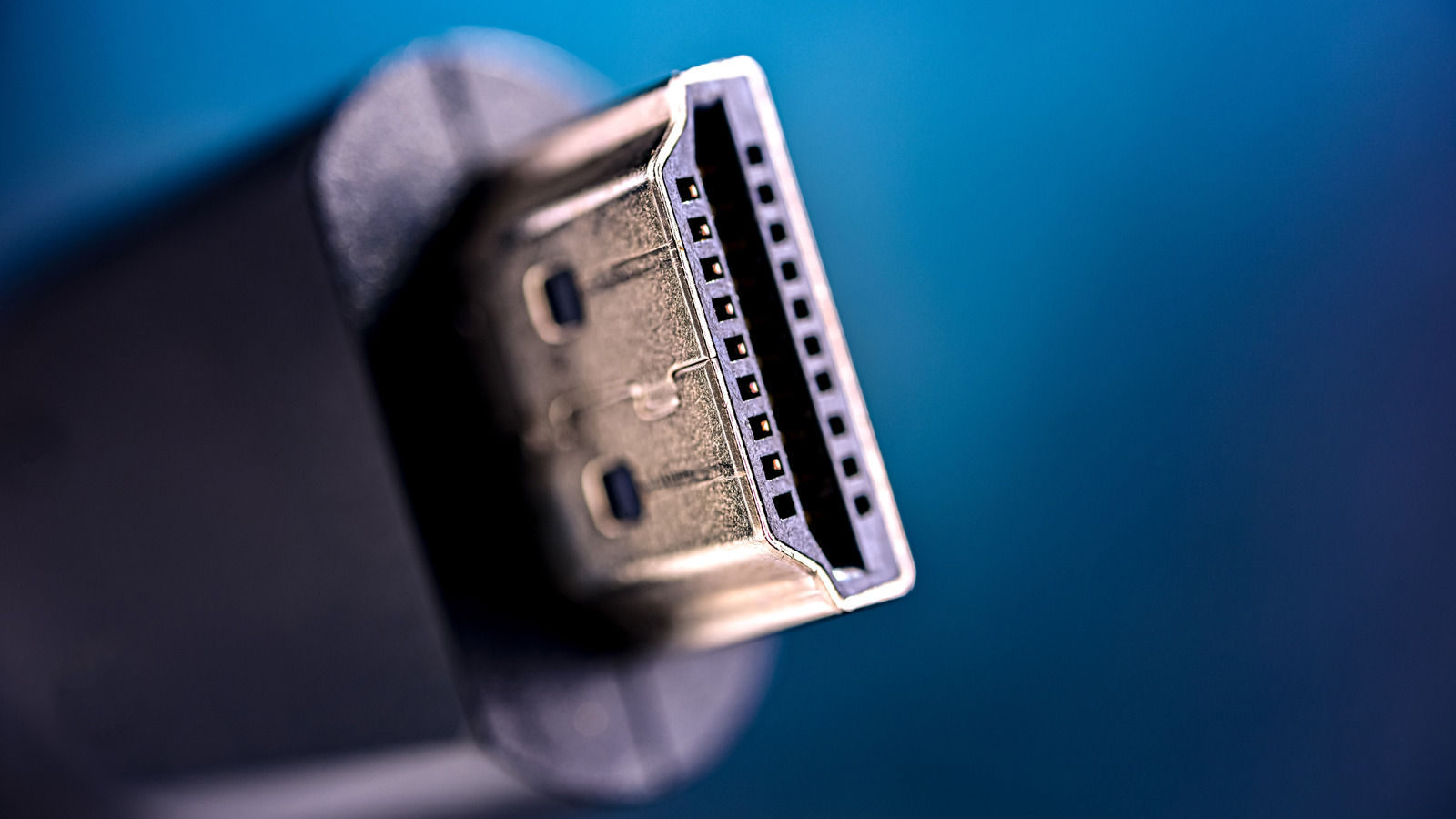While the iPhone 18 Pro and iPhone 18 Pro Max are still a year away, there are already a few rumors about the devices that offer an early look ahead.
If you are skipping the iPhone 17 Pro and want to know about what to expect from the iPhone 18 Pro models, we have recapped a few of the key rumors below.
Under-Screen Face ID


In April 2023, display industry analyst Ross Young shared a roadmap showing that iPhone 17 Pro models would feature under-display Face ID. In May 2024, however, Young said he heard this change had been delayed until 2026. If so, that means that under-screen Face ID could debut on the iPhone 18 Pro and iPhone 18 Pro Max next year.
As a result of the under-screen Face ID, Young believes that the iPhone 18 Pro models will have a smaller Dynamic Island.
In May 2025, The Information also reported that the iPhone 18 Pro models would likely be equipped with under-screen Face ID.
Variable Aperture


The main 48-megapixel Fusion camera on both iPhone 18 Pro models will offer variable aperture, according to analyst Ming-Chi Kuo.
With variable aperture, users would be able to control the amount of light that passes through the camera’s lens and reaches the sensor. The main cameras on all of the iPhone 14 Pro through iPhone 17 Pro models have a fixed aperture of ƒ/1.78, and the lens is always fully open and shooting with this widest aperture. With the iPhone 18 Pro models, users would be able to manually change the aperture, according to this rumor.
A variable aperture on iPhone 18 Pro models should provide users with greater control over depth of field, which refers to how sharp a subject appears in the foreground compared to the background. However, given that iPhones have smaller image sensors due to size constraints, it is unclear exactly how meaningful this improvement would be.
Bloomberg‘s Mark Gurman incorrectly reported that the iPhone 17 Pro models would feature a “variable aperture system,” a few days before Apple’s event.
2nm A20 Pro Chip and Apple’s C2 Modem
iPhone 18 Pro models are expected to have an A20 Pro chip fabricated with TSMC’s latest 2nm process, which could deliver significant performance improvements, and Apple’s power-efficient C2 modem for cellular connectivity.








